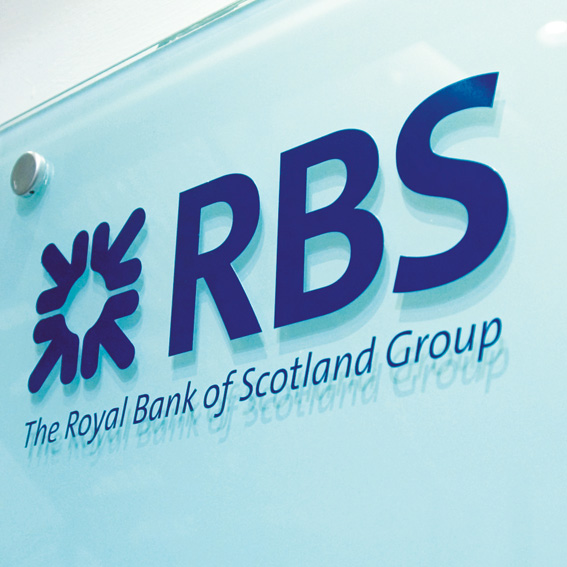Credit Cards & Loans
PPI claim surge could cost RBS £900m

The Royal Bank of Scotland (RBS) has warned that an influx of last minute payment protection insurance (PPI) claims last month could cost the bank £900m.
The bank said the volume of claims received during August was “significantly higher” than expected, with a further spike in the final days leading up to the deadline of 29 August 2019.
Up until 30 June 2019, RBS had made provisions totalling £5.3bn for PPI claims of which £4.9bn had been utilised. However, it now expects to make an additional provision of between £600m and £900m. It said the processing of claims was ongoing and the ultimate provision could be above or below this range.
PPI policies were routinely mis-sold by providers between 1990 and 2010. The deadline for complaints, set by the Financial Conduct Authority, was 29 August.
Russ Mould, AJ Bell investment director, said: “Just when investors were wondering whether the worst of RBS’ regulatory woes were behind it, the bank has confirmed that a final rush of PPI claims applications ahead of the 29 August deadline has forced it to take another big provision to cover compensation claims. The additional cost of £600m to £900m will take the total set aside to meet claims to between £5.9bn and £6.2bn and take the total that RBS has paid out to settle regulatory and conduct issues to around £22bn since 2011.
“Investors will be disappointed as the bank only booked £65m of litigation and conduct charges in the first half of the year. That helped to boost stated pre-tax profit to £2.7bn in the first six months of 2019 compared to £1.8bn a year ago.
“However they may not be that surprised. The FCA pushed the final PPI claims deadline very hard and a final rush of customer filings was always a possibility. That may help to explain why RBS shares were trading at such a big discount to their stated tangible asset value per share of 290p – although wider concerns over the state of the UK economy, an increase in bad loan impairments across all of the major banks (albeit from low levels) and pressure on lending margins as central banks start to cut rather than hike interest rates are also a factor here.”